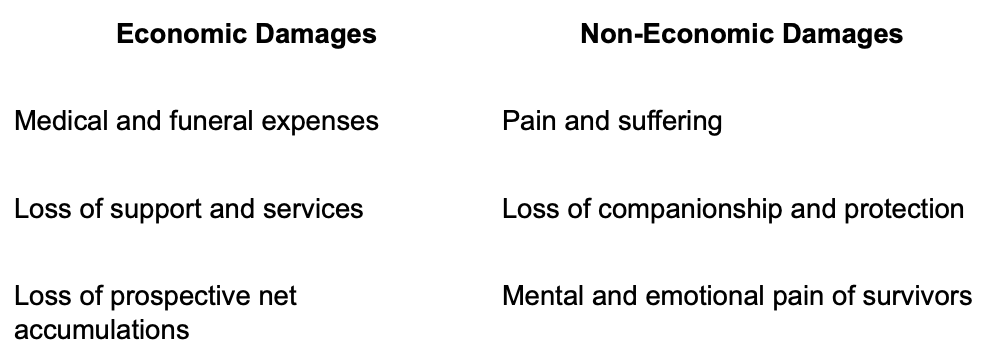Understanding the specific qualifications for filing a wrongful death claim in Florida requires careful analysis of the deceased’s family and dependent relationships.
In Florida, the tragedy of losing a loved one due to someone else’s negligence or misconduct can lead to a legal action known as a wrongful death claim. This recourse is authorized under Florida’s Wrongful Death Act, which stipulates who may bring forward such a claim to seek damages for the loss incurred. The law is precise in identifying the eligible parties, primarily aiming to protect the decedent’s immediate family members who are most affected by the loss.
The statute designates the personal representative of the deceased’s estate as the primary party responsible for filing the wrongful death claim. This representative acts on behalf of the survivors and the estate, seeking compensation for various damages, such as medical and funeral expenses, loss of support and services, and emotional pain and suffering. The survivors eligible to benefit from a wrongful death lawsuit typically include the decedent’s spouse, children, parents, and, in some cases, blood relatives who were partly or wholly dependent on the decedent for support or services.
Eligibility for Filing a Wrongful Death Claim in Florida
Immediate Family Members’ Rights
In Florida, immediate family members have the primary right to file a wrongful death claim. This includes the deceased’s legal spouse, their children (minors and adult dependents), and parents if the death occurred due to someone else’s negligence or wrongdoing. For children, special considerations apply based on marital status and age.
he birth mother of an illegitimate child and the legal father (if established) have the right to sue on the child’s behalf, emphasizing the state’s recognition of their legal standing in a wrongful death case.
Extended Family Members and Dependents
Florida law extends the right to file a claim to blood relatives and adoptive siblings who were wholly or partly dependent on the decedent for support or services. This reflects the acknowledgment that support goes beyond the immediate family.
Relatives other than the deceased’s children, spouse, or parents, who are dependent on the decedent for services or financial support, may also have rights under wrongful death statutes, highlighting the impact of a decedent’s role on extended family dynamics.
Considerations for Non-Relatives
In scenarios where there are no qualifying family members, the personal representative of the deceased’s estate may file a claim. This representative acts on behalf of all potential beneficiaries, which underscores the inclusive nature of the state’s wrongful death statute.
Should non-relatives be named as beneficiaries in the decedent’s will or estate plan, they may benefit from a successful wrongful death claim. Although they cannot file the claim themselves, the outcome can still provide them with some measure of restitution for their loss.
Understanding the specific qualifications for filing a wrongful death claim in Florida requires careful analysis of the deceased’s family and dependent relationships. It ensures that only those who have suffered a tangible loss can pursue compensation.
Legal Process and Requirements
In Florida, certain legal criteria and processes govern who can file a wrongful death lawsuit and how it must be conducted. Understanding the statute of limitations, proving negligence and liability, and being aware of the potential damages recoverable is crucial for claimants.
Statute of Limitations

In Florida, wrongful death claims must be filed within two years from the date of the deceased’s death. This time limit is strictly enforced, and failing to take action within this period typically results in a loss of the right to sue.
Proving Negligence and Liability
To prevail in a wrongful death lawsuit, one must demonstrate that the death was caused by another party’s negligence or breach of duty. Key elements include:
- Duty of Care: Establishing the defendant had a duty to the deceased.
- Breach of Duty: Showing how the defendant’s actions or inactions breached that duty.
- Causation: Connecting the breach directly to the individual’s death.
- Damages: Proof that the death resulted in compensable losses.
Damages Recoverable in Wrongful Death Claims
The types of damages that may be recovered in a wrongful death suit in Florida include:

Additionally, the estate of the deceased may seek damages for lost earnings of the deceased from the date of injury to death and for the future, depending on the deceased’s life expectancy.


Join the conversation!